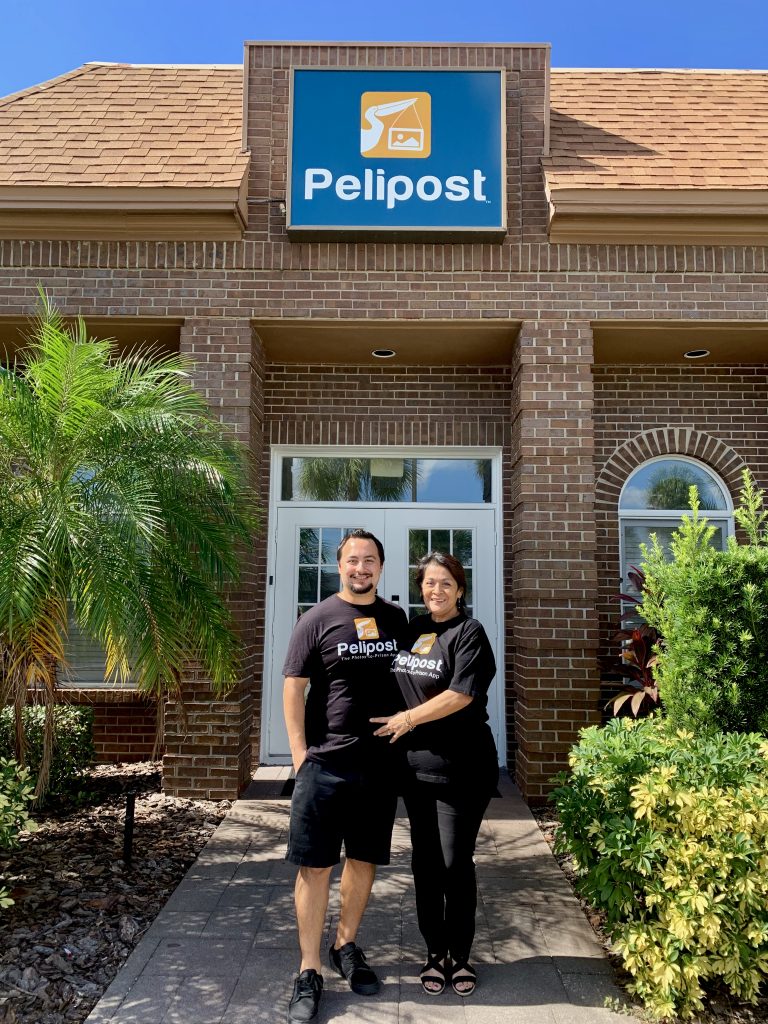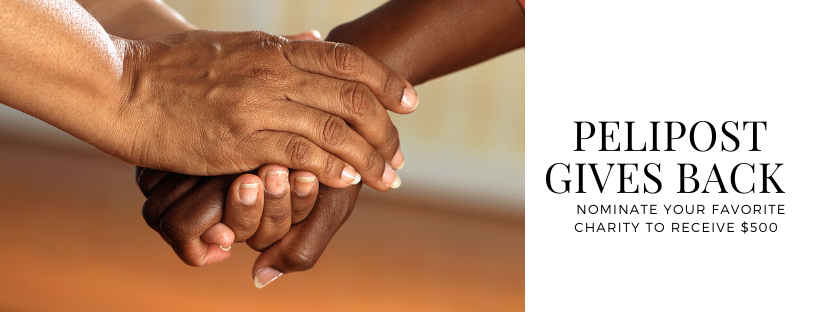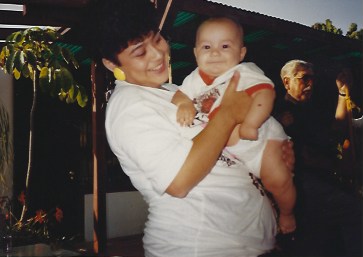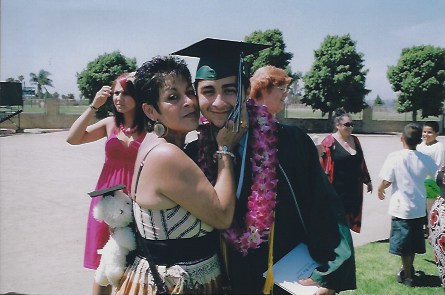Fostering a connection with your incarcerated loved one is beneficial during your time spent apart. In fact, staying in contact with an incarcerated person will help with their mental well-being and set them up for a more successful life upon release. Along with exchanging mail with an incarcerated loved one, phone calls and in-person visits are personal gestures that can be very meaningful. However, the rules and regulations around contacting your incarcerated loved one can be a little confusing. The Pelipost team has put together tips about how often an inmate can make calls, along with answers to other FAQs.

How often can an inmate make calls?
Although it may vary from facility to facility, incarcerated people typically receive up to 300 minutes of telephone calls per month. The frequency depends on the incarcerated person’s behavior, the wait time for using the phone, and the operating hours the facility has placed for the phone. Although rare, sometimes the warden will grant extra phone minutes in addition to the 300 minutes per month depending on behavior. It is also common for facilities to grant extra minutes during the holidays to promote family bonding.
How long can the phone calls be?
The general rule of thumb for the length of phone calls from prison is 15 minutes. Once the 15 minutes of speaking is up, the phone will disconnect automatically. The incarcerated person must wait 30 minutes before they are allowed to to make another call. Facilities tend to have a handful of telephones for a few hundred people, so wait times can be very long. Phone calls must always be made by the incarcerated person, but their loved ones on the outside should be aware of the costs they will be charged from these collect calls.
How long does an incarcerated person have to wait before making a phone call?
The timing for incarcerated people to make phone calls depends on the facility they are at and where they are in the incarceration process. For example, if the person was just arrested, they will be allowed a phone call after the booking is done. While going through a sentence, there is a process they must undergo before making calls. In the intake and classification process, they must participate in a medical, physical, and psychological examination. This process can take anywhere from one day to a few weeks, and during this period the incarcerated person will not be allowed to make phone calls.
How often can you visit your incarcerated loved one?
Under federal law, an incarcerated person will receive at least 4 hours of visiting time per month. Depending on the location of your loved one, they may receive more visiting hours than that. The facility may also restrict the length of each visit and the number of people that can be in the room. Before you go, make sure to check the facility’s visiting schedule and whether or not you need to set up an appointment. If you’re not sure how to approach an in-person visit with your incarcerated loved one, check out these tips on what to talk about when visiting someone in jail.
What are some other tips for staying in contact?
Other than phone calls and in-person visits, there are other ways to stay connected to your loved one while they are incarcerated. Communication through mail is a simple and easy way to keep in contact, and it gives the incarcerated person a keepsake to hold on to. For example, sending photos through Pelipost is a great way to stay connected and give your loved one a tangible item to help them through tough times.
Ready to send pictures? You can download the Pelipost app through the Apple App Store or Google Play Store.






